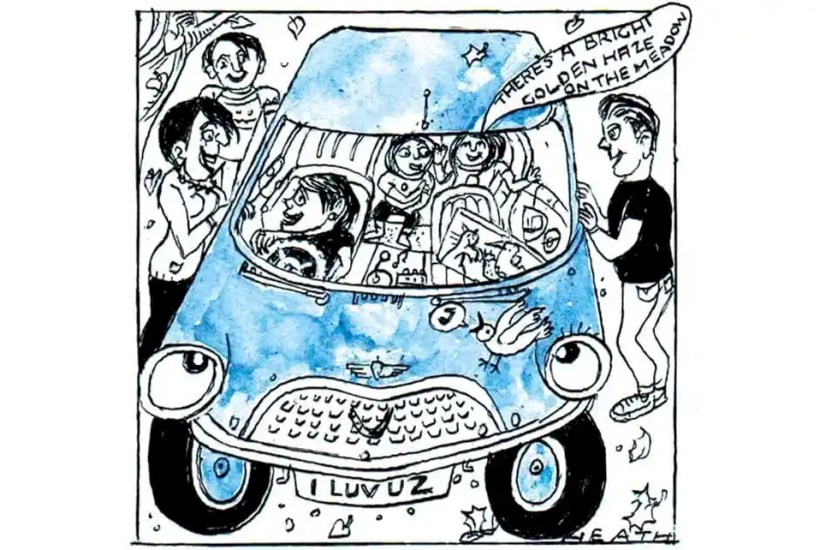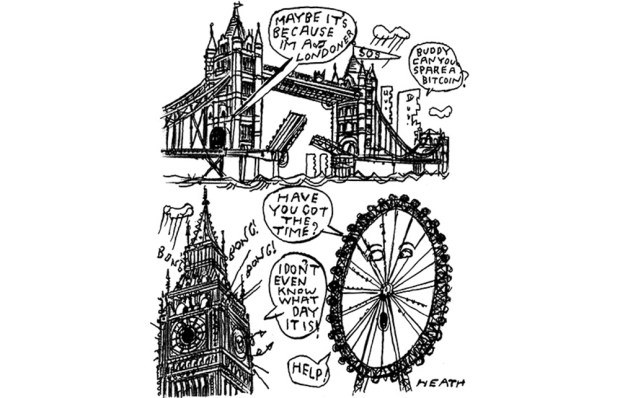Suella Braverman was completely wrong to ask her civil servants to investigate the possibility of arranging a one-on-one speed awareness course. This is not because this was in breach of the ministerial code. That aspect of the affair was one of the worst examples of contrived, sanctimonious outrage I have ever seen; it pains me to think anyone thought it remotely newsworthy.
Already a subscriber? Log in
Subscribe for just $2 a week
Try a month of The Spectator Australia absolutely free and without commitment. Not only that but – if you choose to continue – you’ll pay just $2 a week for your first year.
- Unlimited access to spectator.com.au and app
- The weekly edition on the Spectator Australia app
- Spectator podcasts and newsletters
- Full access to spectator.co.uk
Or
Unlock this article
You might disagree with half of it, but you’ll enjoy reading all of it. Try your first month for free, then just $2 a week for the remainder of your first year.















Comments
Don't miss out
Join the conversation with other Spectator Australia readers. Subscribe to leave a comment.
SUBSCRIBEAlready a subscriber? Log in